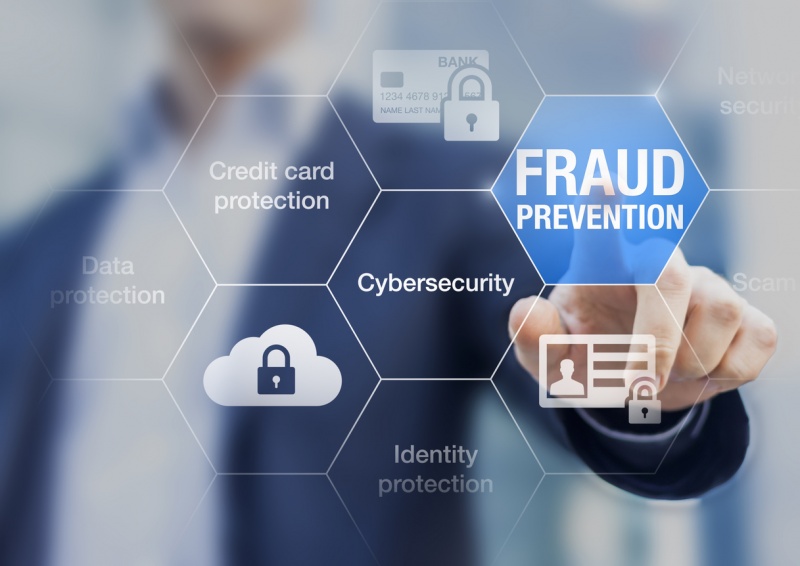
Crafty financial fraudsters are getting ever more creative in their attempts to swindle money from innocent victims through phone or email schemes, or even in-person at your doorstep. According to the Better Business Bureau (BBB), the latest rash of fraud involves imposters posing as someone from your doctor’s office, a financial institution, government agency, the court system or even the police department. They will typically threaten the victim with arrest unless a fake “fee” or “penalty” is paid. Other scams involve a softer touch in which an imposter pretends to represent a charity.
Email scams are particularly easy to fall for as they appear to come from a legitimate institution and encourage the recipient to click on a link or open an attachment, which can infect your computer with a virus or lead to a webpage designed to elicit information to steal your identity.
In order to steer clear of such scams, consumers must know the red flags. These include the demand for payment through an untraceable method, such as a wire transfer, cashier’s check or gift cards. The BBB offers these other tips to help you avoid such nefarious activity:
Don’t do business at your front door. Select a professional, business or charity yourself, rather than respond to a solicitation. Also, be aware that individuals claiming to be with a utility company, phone company or any other type of business, may be carrying false identification.
Monitor your credit reports. Doing so will give you an early indication that someone is using your personal information to open lines of credit and obtain loans. You may obtain your reports for free from the government-sanctioned website annualcreditreport.com. You will be asked to provide personal information for authentication purposes. This allows you to keep an eye on your credit reports all year long by requesting a report from one of the three credit monitoring companies every four months.
Harden your computer security. Update and scan your computer regularly with anti-malware. Don’t ignore operating system and software updates either. Be sure to download them as they’re often designed to close security loopholes. Talk to an IT professional about the best way to back up your important files, photos and videos in case of a cyber hack or computer failure.
Remember, there is no free lunch, no free cruise, fake inheritance or sweepstakes. There’s always a catch.
Look for “https” and a padlock logo in URLs. You will find these in your browser address bar. This means the website you’re using is taking measures to protect your information.
Do your research. Before signing a contract, putting down a deposit or donating to a charity, check out any organization you’re considering partnering with at bbb.org.
If you need more real estate information, feel free to contact me.